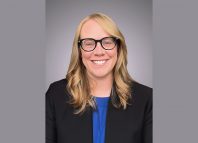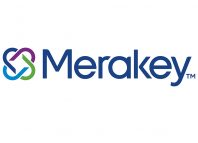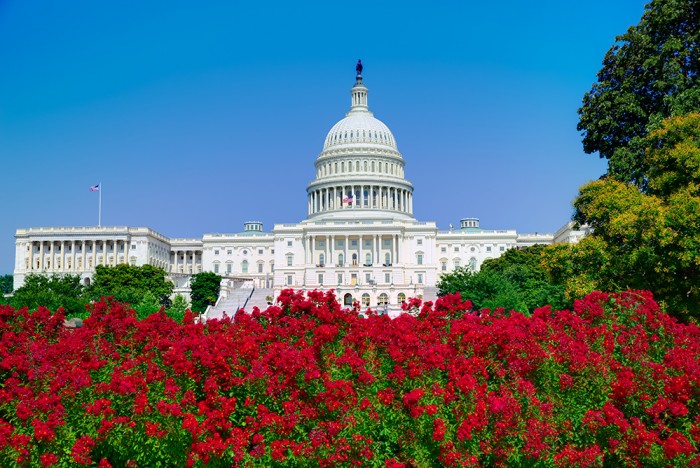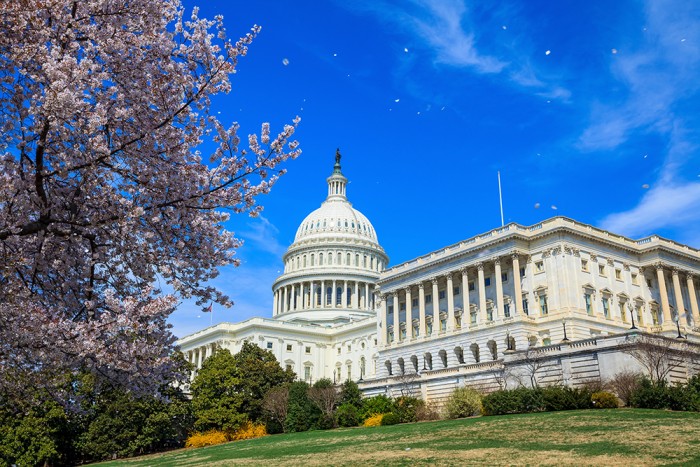The Department of Human Services (DHS) Office of Long-Term Living (OLTL) has announced a funding opportunity under an approved Home and Community-Based Services (HCBS) spending plan that will provide American Rescue Plan Act (ARPA) funds to HCBS providers. The purpose of the funding is for the implementation of quality improvement (QI) projects to improve the services available to HCBS participants through the Community HealthChoices (CHC) and OBRA 1915(c) waivers. This opportunity focuses on supplementing activities in a manner that improves and strengthens the quality of HCBS services. The use of the ARPA funding, however, is limited to those activities that supplement rather than supplant the existing services.
DHS will provide funding of up to $40,000 per approved request submission and approve funding on a one-time basis to each qualified provider. DHS will review and approve submissions in the order in which they are received until the total funding allocated has been exhausted. Members are encouraged to submit their requests as soon as possible.
Funding will only be provided for the following improvement projects:
- Supplemental activities to address the Social Determinants of Health (SDOH). For example, SDOH activities may include:
- Activities to address affordable and accessible housing (rent, room, and board are not allowable expenditures under this funding opportunity);
- Activities to improve access to competitive integrated employment for participants. This may include access to benefits counseling or remote technology to support employment;
- Activities to improve or enhance transportation for CHC and OBRA participants; and
- Activities to alleviate food insecurities for participants.
- Purchase of remote support technology by providers. This can include provider technology initiatives that improve service transparency and quality assurance, such as providing direct care workers with access to tablets and software that support in-home documentation of participant conditions and other related care needs.
- Payment for the development and implementation of enhanced training for direct care workers, Medical Assistance (MA) providers, or both. This may include enhanced training on infection control practices, such as the development of videos and online modules to address best practices in infection control. This may also include training for professional development. For example, this funding may be used to promote training or coursework related to the professional advancement or development for direct care workers.
- Purchase and implementation of new software and technology for electronic health records or quality/risk management functions. This includes funding for providers to contract with a Health Information Organization. Having access to electronic health care records enables HCBS providers to connect with local hospitals and physicians and ensure real-time communication between the HCBS provider and the participant’s medical providers.
Additional information, including the HCBS Quality Incentive Funding Request Form, is available on the DHS Long-Term Care Providers web page. Questions should be sent via email to OLTL.
















